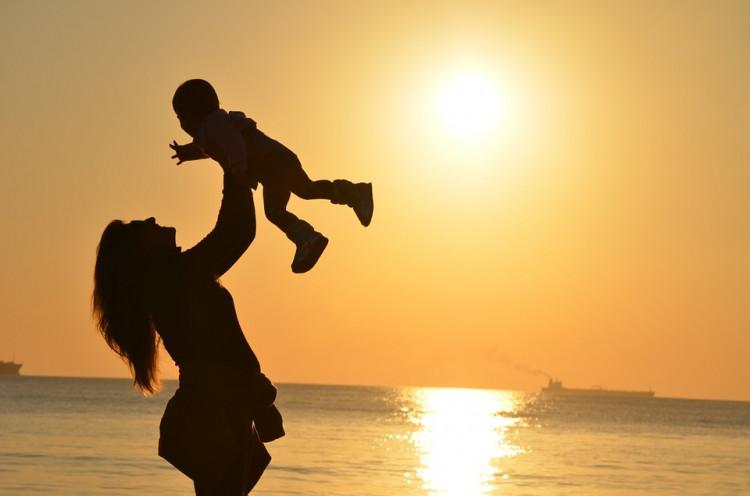There is a new Tinder-like app that aims to connect and build a supportive community among mothers in Hong Kong. The app called Mumz is an app connecting moms (and also dads) based on their geolocation, basically, the app works just like the dating app Tinder.
Ekta Tejwani is the founder of Mumz, but she initially set-up a Facebook page called MeetMumz to connect mothers in Hong Kong. Tejwani is a computer science engineer and led a team of eight software developers in India, and then moved to the city back in 2009, according to the South China Morning Post.
Tejwani shared that she decided to create the Facebook page to meet moms in Hong Kong and set-up social gathering like coffee meet-ups, play dates, dinner nights, and more. But now, she is taking one step further and developed the app Mumz. She said that she wanted to create a geolocation-based platform that quickly makes a connection among mothers.
There are some factors to consider when using the app, such as the age of your child, the best time to meet, and common interests. At the moment, Mumz is on its final stage, and it was mostly self-funded. Tejwani said that although developing an app is not cheap, passion and belief are what motivate her. The rest of the expenses were also funded by an on-going crowdfunding campaign.
Mumz will be having a soft launch on March 15, and it was scheduled to fully launch by the end of the year. Tejwani wants the app to help mothers who are facing bigger and serious heal issues by offering social support.
Meanwhile, the impact of postnatal depression among women around the world is between 13 percent and 19 percent. In Hong Kong, about one in every 10 women reportedly developed depression after giving birth, as per the Center for Health Protection.
Some of the signs and symptoms of postnatal depression include low self-esteem, mood swings, irritability, low energy, as well as low libido. The exact cause of the postnatal depression remains unknown, but experts believe that physical and emotional factors like sleep deprivation and hormonal changes are the key factors.
Doctors also said that a woman is at risk of developing postnatal depression if she had a history of alcohol and substance abuse or mood disorders if she has poor marital or in-law relationships, and having a hard time adjusting to motherhood.
The majority of mothers who suffered from postnatal depression recover is symptoms were identified earlier, and if they receive proper support and treatment. However, the stigma surrounding mental health - mothers are expected to be happy rather than sad - means it was usually left untreated.






